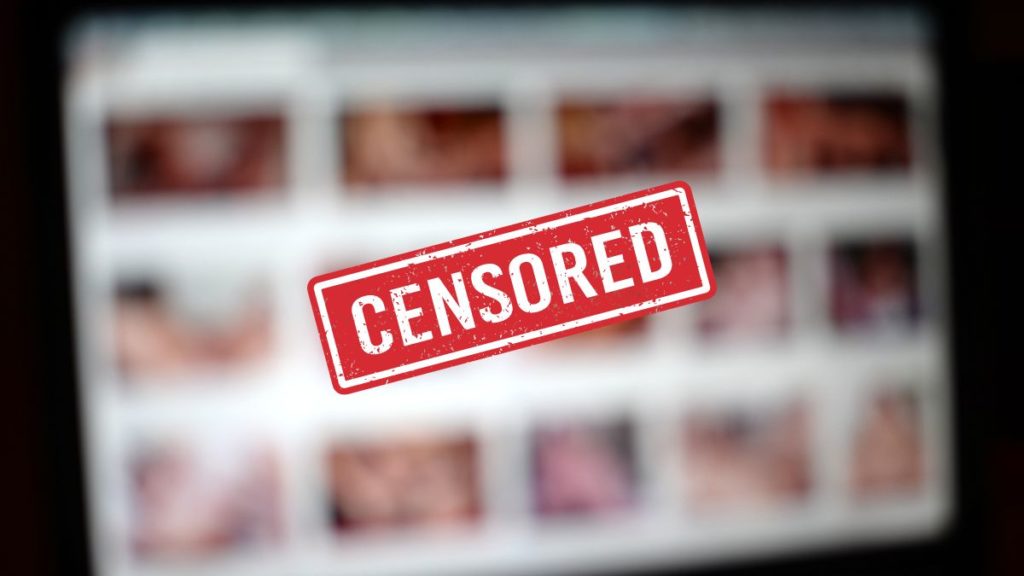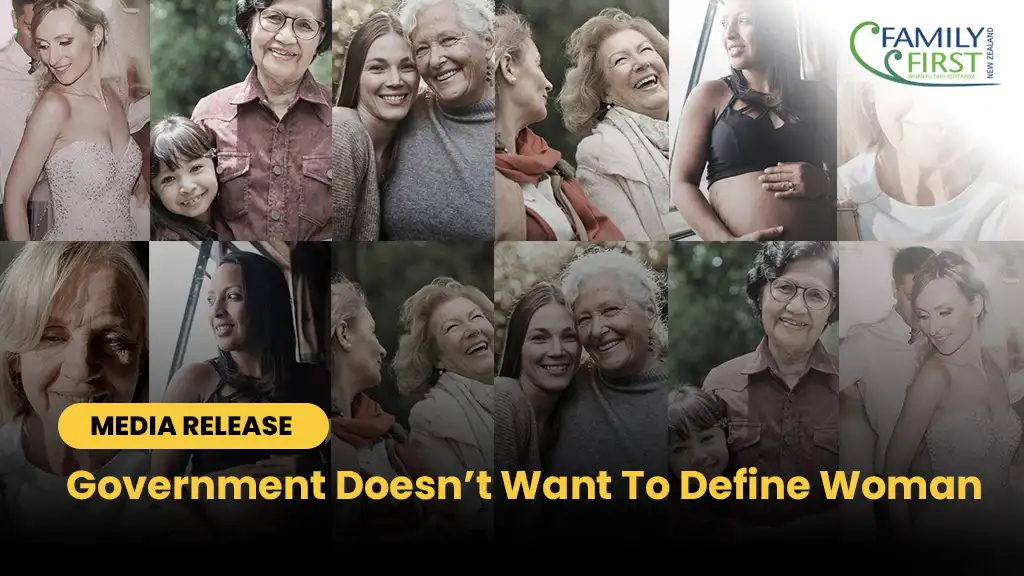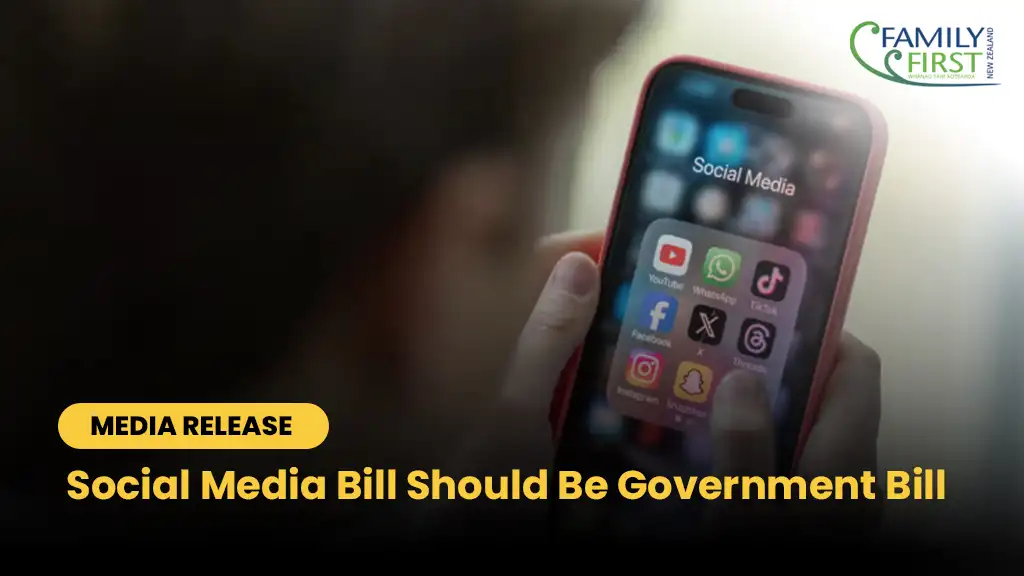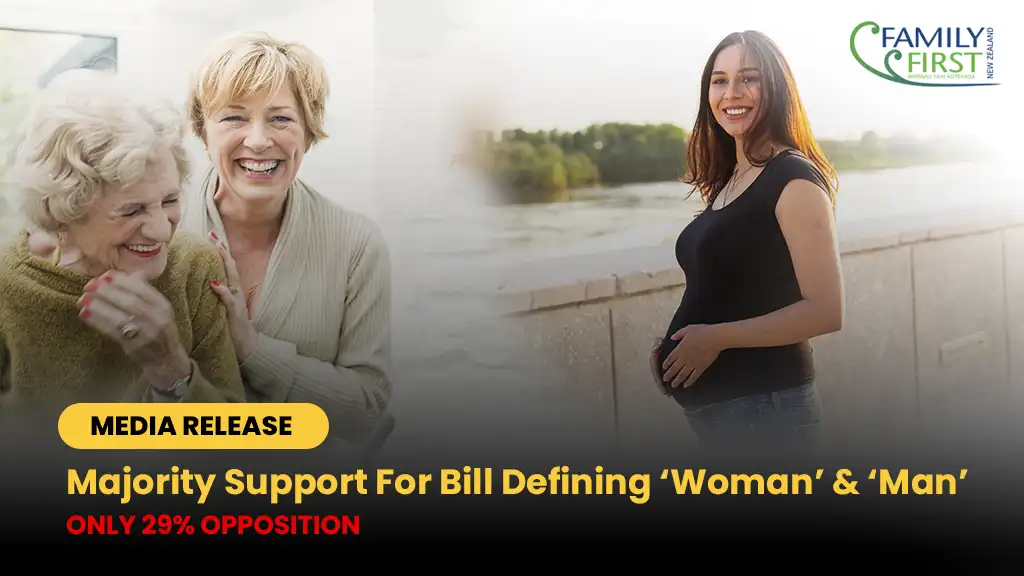MEDIA RELEASE
23 June 2022
Strong Support For Porn Site Age-Verification
A new poll has found significant support for stricter age verification rules on pornography sites on the Internet to ensure children cannot access adult content online.
In the poll of 1,200 New Zealanders surveyed this month by Curia Market Research, respondents were asked: “Some people have proposed placing stricter age verification rules on pornography sites on the Internet to ensure children cannot access adult content online. This law would require porn sites to verify someone is 18 or older with a credit card or ID before they can access the site. Do you support or oppose this law?”
Support for the law was 77% (more than 3 in 4 people) while opposition was just 12%. A further 11% were unsure or refused to say.
Support was stronger amongst females and those aged 40+. Support for the law was also consistent across political party voting lines.
Family First NZ is calling on politicians to introduce such a law. In 2020, a draft Cabinet paper asking permission for the Minister for Children Tracey Martin to pursue investigating internet filters to keep children from accessing pornography was rejected by Cabinet.
“Today’s pornography teaches young boys to be users, to be aggressive, and it tries to persuade girls that they are to be used. Initial studies show that the adolescent brain is more sensitive to sexually explicit material than adult brains. A review of 19 studies found that adolescents who view online pornography are more likely to engage in risky sexual behaviours and to have anxiety or depression, and more likely to commit sexual violence,” says Bob McCoskrie, Chief Executive of Family First NZ who sponsored a petition to Parliament in 2017.
In 2020, the Australian House of Representatives Standing Committee on Social Policy and Legal Affairs presented six recommendations to the Australian Government last year in its report Protecting the age of innocence. Three recommendations specifically relate to children and young people’s access to online pornography and are now supported by the Federal Government:
- “Develop standards for online age verification for age-restricted products and services that specify minimum requirements for privacy, safety, security, data handling, usability, accessibility, and auditing of age verification providers
- The Digital Transformation Agency extend the Digital Identity program to include an age-verification exchange for the purpose of third-party online age verification
- The Australian Government direct and adequately resource the eSafety Commissioner to expeditiously develop and publish a road map for the implementation of a regime of mandatory age verification for online pornographic material”
Australian campaigner Melinda Tankard Reist identified the urgent need for this legislation – both in Australia and also here in New Zealand.
“There are currently no barriers to prevent child from entering rape, sadism, torture porn and incest sites. As a result of this harmful experiment on the sexual development of children, many are acting out in sexually inappropriate ways, becoming copycat predators… We tell boys to respect girls, but porn – the world’s biggest department of education – teaches them the opposite. They are taught to see sex and aggression as linked. An age verification system would complement other strategies the Government, educational, and community groups are undertaking to help limit harms of explicit content. While not a ‘fix-all’, proof-of-age requirements would provide a much-needed layer of protection for children vulnerable to the predatory porn industry.”
The Ministry of Health, in its submission to the Select Committee considering the 22,334-written petition admitted that “the content of pornography has changed significantly over the last 20 years and has become more extreme, deviant and violent.” It also acknowledged that “violence towards women and girls is depicted in 80% of online content. This has a variety of harmful impacts on children and young people’s sexual expectations, attitudes, and behaviour.”
A nationwide poll in April 2017 found high levels of concern around the effects of online pornography and its link to sexual violence, and the easy access that young people have to offensive material. It also found significant support for action from government and internet providers in terms of filtering and Opt-Out provisions.
Retiring Chief Film Censor David Shanks believes New Zealand had an opportunity to be an international leader in getting other countries to join together to force online porn sites to do more to make it difficult for young people to access porn. And the previous Commissioner for Children, Andrew Becroft, has voiced trepidation about what is now facing young people online, saying ““in the two years I’ve been in this role, pornography is the most significant underlying concern reported to me by youth workers, community workers and church workers engaged with young people.”
“This poll is clear evidence that the politicians have the public support to protect young people from the harms of pornography. The big question is – will they act?” asks Mr McCoskrie.
READ How does porn affect teenagers?




